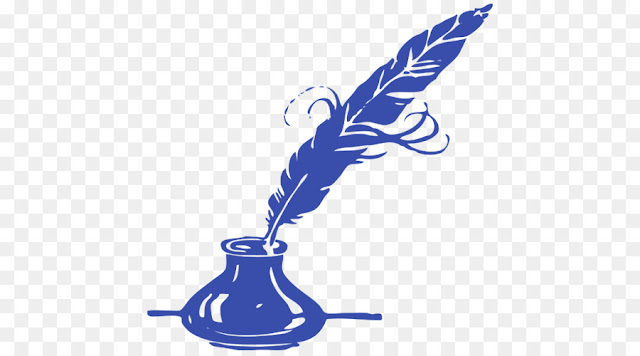LONGINUS' THEORY OF SUBLIME
Before Longinus, the function of literature was to instruct (Plato), to delight (Aristotle), both (Horace) or to persuade (for rhetoricians of the time). But, Longinus found more, or beyond, than these oft-celebrated functions of literature when he read the masterpieces of Greek Classical writers such as epics of Homer, lyrics of Hesiod, odes of Pindar, tragedies of Aeschylus and Sophocles, comedies of Aristophanes, even the Platonic, Aristotelian and Horatian literary criticism. It was not the knowledge gained from, or about, literature but it was the power that literature holds, and wields an irresistible influence, on the minds of the readers that counted for Longinus. For the first time, after Plato's attack on poetry which mentions its corrupting and immoral influence on the mind of the readers, Longinus dealt with the aesthetic effect of a literary work. Needless to say, his approach put him on a pedestal as the first Romantic critic and the first Reader-Response Theorist among others.
According to him, the function of literature is 'to move', 'to elevate', and 'to transport the human soul to ecstasy' which makes a literary work a 'sublime' one. Such a work, far more than being just persuasive, has the capacity to please all, irrespective of cultural differences, nd to please all the time, irrespective of differences in terms of age, social conditions, geo-political and historical circumstances, and philosophical influences.
Longinus is said to expounding this theory in the treatise 'On the Sublime' attributed with uncertainty to him by several later critics. In it, Longinus deals with the definition of sublime and describes its aesthetic effect on the minds of the readers followed by the deliberations on compositional skills (sources of sublime) to achieve this effect in the literary production. He suggests the following five sources:
1) Grandeur of Thought
2) Capacity for Strong Emotions
3) Appropriate Use of Figures (of Thought and Speech)
4) Nobility of Diction
5) Dignity of Word-arrangement
The first two are divine talents, or the gifts of Nature, so though innate and inborn but one can possess then by imitating Classical writers and their works as touchstone. The rest refer to technical excellence, or craftsmanship, so can be acquired by certain training.
I feel this is enough to begin with...>


Comments
Post a Comment